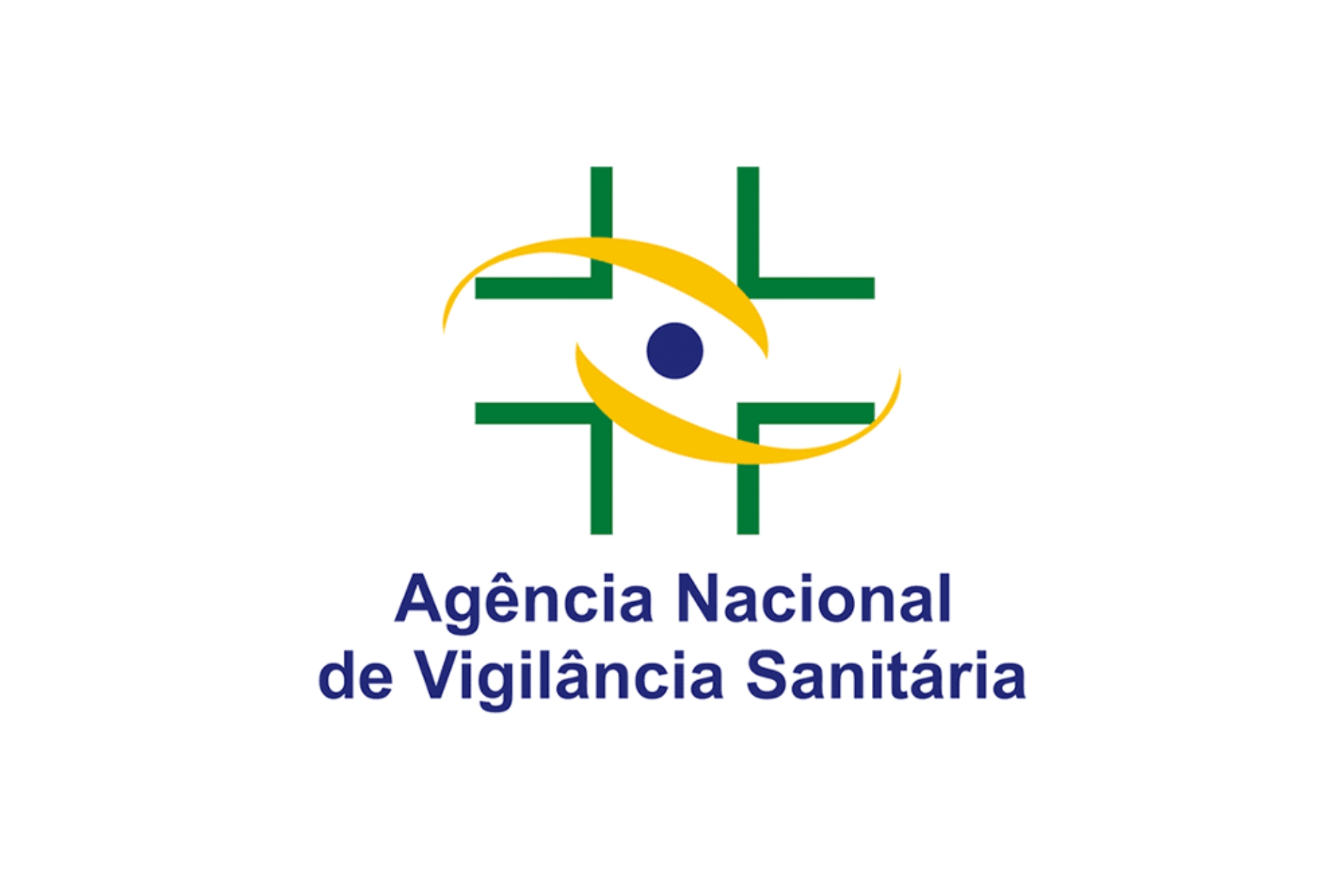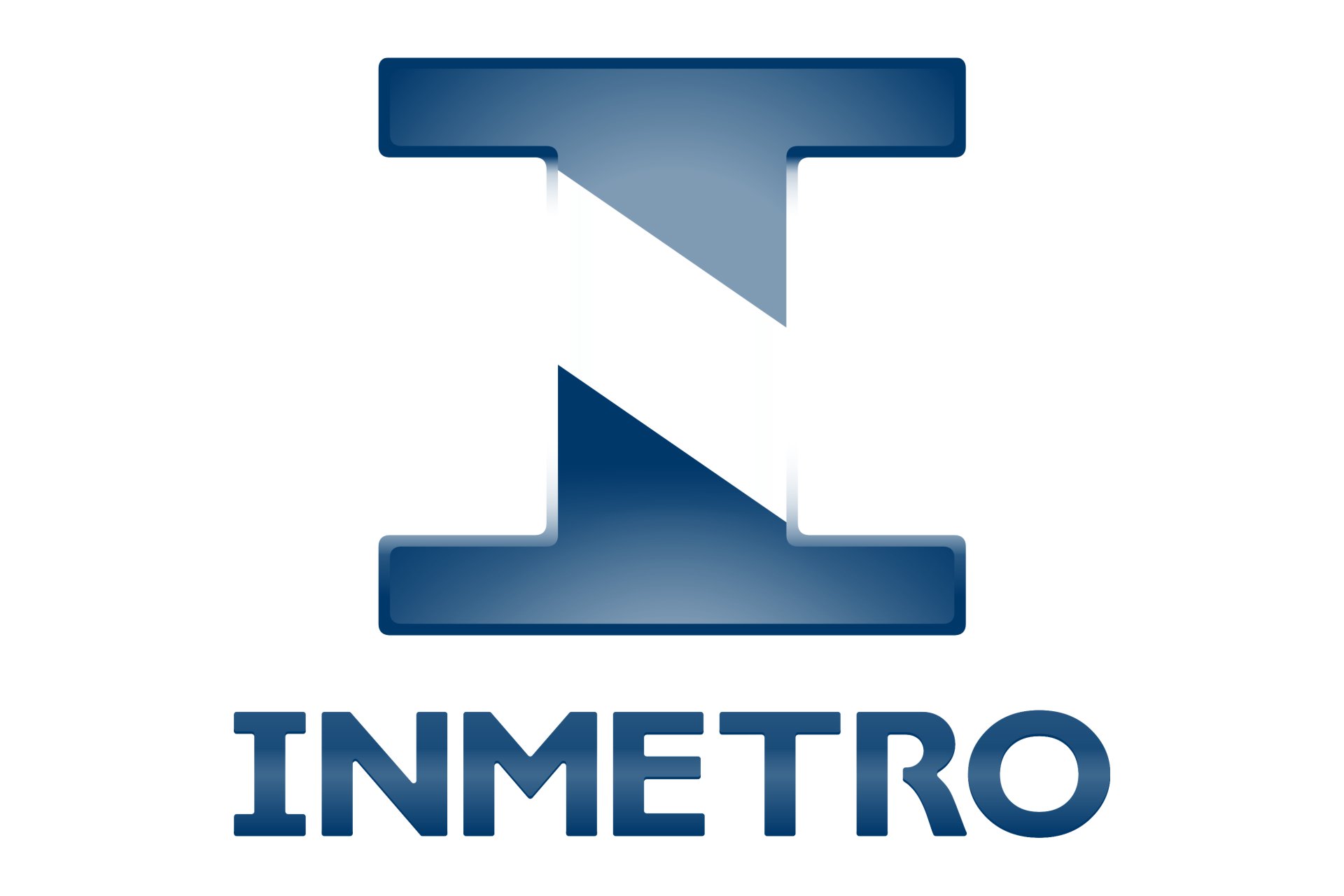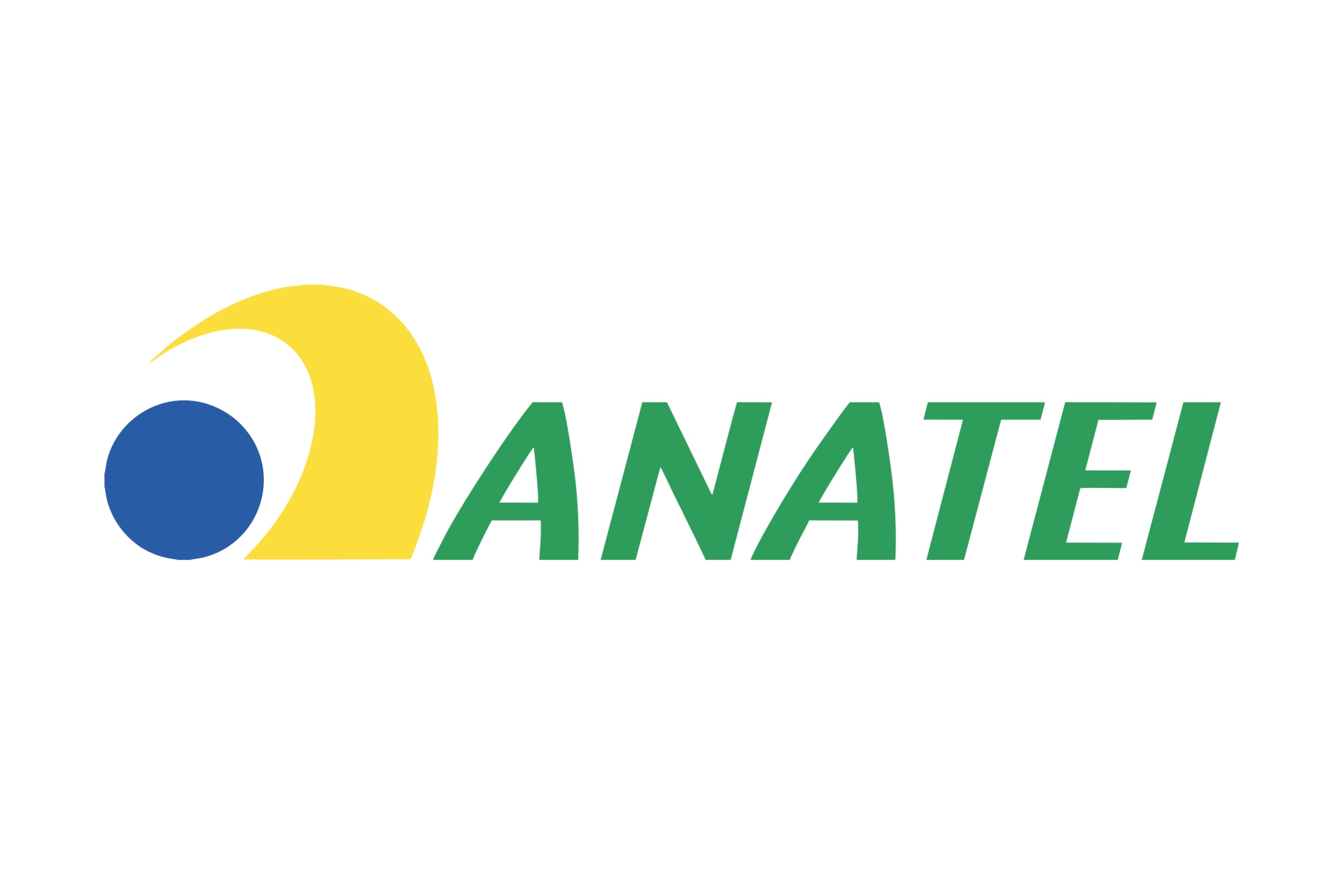What is ANVISA? - Solufy Brazil Holder

ANVISA (“Agência Nacional de Vigilância Sanitária”, or, in English, “Brazilian Health Regulatory Agency”) is the main regulatory agency in Brazil. It could be defined as “Brazilian’s FDA” or other regulatory agencies in other countries. Its main role is to promote the protection of the population’s health by executing sanitary control of the production, marketing, and use of products and services subject to health regulation, including related environments, processes, ingredients, and technologies, as well as the control in ports, airports, and borders.
Among the products ANVISA regulates we can find medications, food, cosmetics, medical devices, pesticides, and sanitizers.
All these products must pass through a registration and evaluation process to be considered safe and usable in Brazil. Each of these products has special rules and documentation requests that ANVISA demands their analysis.
For instance, let’s take medical devices (materials or equipment). As in other regulatory agencies, medical devices are divided into classes, from Class I (less dangerous to human health, like hospital beds) to Class IV (more dangerous to human health, like a brain catheter).
As the classes go up throughout the scale, more documents and reports are needed to guarantee that the product is OK to be used. Also, in the higher classes (III and IV), the manufacturer company (from Brazil or another country) must have a GMP certificate.
If you would like to bring a cosmetic, as well, it will depend on what type of cosmetic it is. Different agencies use different metrics to define what is a cosmetic, what is a medicine, what would be considered food, and so on. For example, dermo-cosmetics: in some countries, these kinds of products, used to support or care for symptoms of skin conditions, can be considered cosmetic.
In Brazil, these products do not exist either the product is a cosmetic (used to protect and/or embellish parts of the body) or it is a medication.
Foods are a whole new “galaxy” that also takes part in ANVISA’s “universe”. For example, a well-established product, like pasta, would receive a different treatment from a new kind of flour that comes from another part of the world. For that, ANVISA is responsible for evaluating if a food could be considered safe (if it is a new ingredient, a new formula, a supplement, and so on), healthy (if the levels of sugar, fat, salt, and food preservatives for example), if the information on the labels is clear for all population, etc.
Besides regulation products, there are a lot of other services ANVISA provides to guarantee Brazilian population health. Let’s break down some of them. The agency is also responsible for emitting the GMPs certificates. These certificates are based on Brazilian legislation (RDC 16/2013) and it is mandatory if a manufacturer is going to produce or import any medical devices from class III or IV to be sold in Brazil.
Another important document that ANVISA is responsible for is to emit the AFE (“Autorização de Funcionamento”, or, in English, “Operating Permit”. As the name implies, it is a permit to a company to operate several services such as manufacture, distribute, store, transport, import or export medicines, pharmaceutical ingredients, medical devices, cosmetics, sanitizers, and so on.
A company may have more than just one AFE: for example, if the company would like to import medical devices and cosmetics, it would need an AFE for each of them. Without an AFE, the company cannot work with some products that ANVISA regulates.
Of course, there are many more things that ANVISA works on to guarantee Brazilian population safety and health. If you have any questions, please contact us. It would be a pleasure to help you out and bring your product to one of the largest markets in Brazil.

